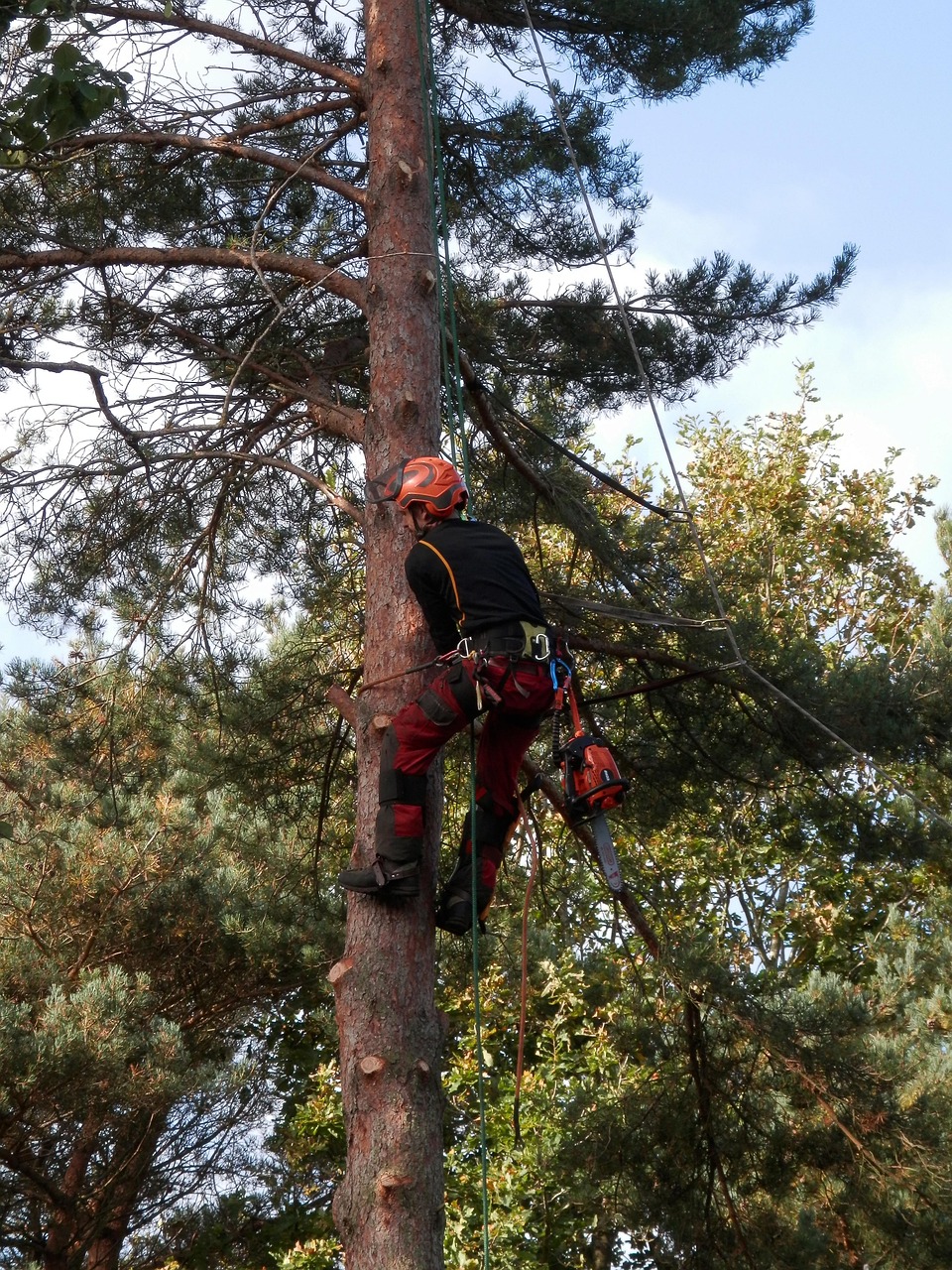Professional certification opens doors to higher-paying positions and builds client trust in the competitive arboriculture industry. According to the UK Forest Research report 2025, the tree care sector experienced 18% growth, creating unprecedented demand for qualified professionals. But which training pathway delivers the fastest route to certification?
Core Certification Requirements for Professional Tree Care
The tree care industry in the UK operates on a foundation of rigorous certification standards that ensure both safety and technical competence. Professional tree surgeons must navigate a structured pathway of qualifications, starting with fundamental credentials that establish their expertise in arboriculture practices. Tree Care Training provides comprehensive guidance on essential qualifications that transform beginners into certified arborists ready for today’s expanding market opportunities.
Also to see : Romantic breaks yorkshire dales: discovering blissful escapes for couples
National Vocational Qualifications (NVQ) represent the cornerstone of professional tree care certification. These competency-based qualifications assess practical skills through real workplace scenarios, requiring candidates to demonstrate proficiency in tree climbing, pruning techniques, and risk assessment procedures. Most entry-level positions require NVQ Level 2 in Arboriculture, which typically takes 12-18 months to complete through a combination of on-site training and theoretical study.
City & Guilds certifications complement NVQ qualifications by providing specialized technical knowledge. Their Level 2 Certificate in Arboriculture covers plant biology, tree identification, and industry regulations. These programs require no formal academic prerequisites, making them accessible to career changers and school leavers alike. However, candidates must possess basic literacy and numeracy skills alongside a genuine interest in outdoor work and environmental stewardship.
In parallel : Solar Panels Swindon: the benefits and costs for local homeowners explained
Beyond these foundational certifications, specialized credentials address specific aspects of tree care. Chainsaw operation certificates, aerial rescue qualifications, and tree inspection certifications build upon core knowledge to create well-rounded professionals capable of handling complex arboricultural challenges safely and effectively.
Specialized Skills and Advanced Certifications
Advancing beyond basic tree surgeon qualifications opens doors to specialized career paths and higher earning potential. Professional arborists who pursue advanced certifications position themselves as industry experts capable of handling complex projects and leading specialized teams.
Diagnostic phytosanitary certification represents one of the most valuable specializations in modern arboriculture. This qualification enables tree surgeons to identify plant diseases, pest infestations, and environmental stress factors that compromise tree health. Certified diagnosticians work closely with municipal authorities, property developers, and conservation organizations to assess tree populations and develop comprehensive management strategies.
Advanced climbing techniques certification elevates technical capabilities beyond standard access methods. This specialization covers rope access systems, aerial rescue procedures, and complex rigging operations for challenging environments. Certified climbers often command premium rates for high-risk projects including emergency storm damage response and heritage tree conservation work.
Arboricultural consultation certification transforms experienced tree surgeons into independent advisors. These professionals conduct tree surveys, prepare court reports for legal disputes, and provide expert testimony in planning applications. The combination of technical expertise and business acumen makes certified consultants highly sought after in both commercial and residential sectors.
Team leadership and project management certifications complement technical skills with essential business capabilities. These qualifications prepare senior arborists for supervisory roles, contract management, and business development opportunities within established companies or as independent contractors.
Investment Costs and Funding Options for Your Training
Tree surgeon training represents a significant investment in your future career, with costs varying considerably depending on your chosen pathway. Entry-level courses typically range from £500 to £2,000, while comprehensive certification programs can reach £5,000 or more. These figures reflect the specialized nature of arboriculture training and the extensive practical components required.
Apprenticeships offer the most cost-effective route into the profession. Most programs are fully funded through government schemes, meaning you earn while you learn without accumulating training debt. Adult learners can access career change loans and professional development funds, while some employers contribute to training costs as part of their workforce development initiatives.
Consider the return on investment carefully. Qualified tree surgeons in the UK earn between £22,000 and £35,000 annually, with experienced professionals commanding higher rates. The specialized skills you acquire during training translate directly into earning potential, making the initial investment worthwhile for committed individuals seeking a rewarding outdoor career.
Your Most Common Questions About Tree Surgery Qualifications
What qualifications do I need to become a tree surgeon?
You need NPTC certificates in chainsaw use, aerial rescue, and climbing. City & Guilds Level 2 Arboriculture provides foundational knowledge. Many employers also require first aid certification and relevant insurance coverage before hiring.
How long does it take to get tree surgeon certification?
Basic NPTC certificates take 3-5 days each to complete. A full qualification package typically requires 2-6 months, depending on your chosen pathway and training schedule. College courses span 1-2 years.
Do you need a degree to be a tree surgeon?
No degree is required. Most tree surgeons start with practical certificates like NPTC qualifications. However, arboriculture degrees can lead to senior positions in consultancy, local councils, or tree management roles.
What’s the difference between tree surgeon certificates and licenses?
Certificates prove your competency in specific skills like chainsaw use. Licenses aren’t mandatory in most areas, but some councils require permits for certain tree work in protected areas or conservation zones.
How much does tree surgeon training cost?
NPTC courses cost £200-500 each. Complete certification packages range from £1,500-3,000. College qualifications cost £2,000-8,000 annually. Many employers fund training for committed candidates or apprentices.







